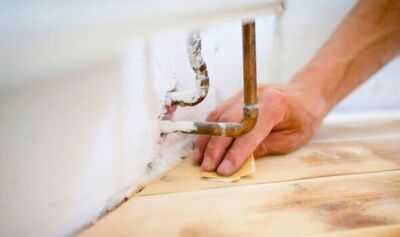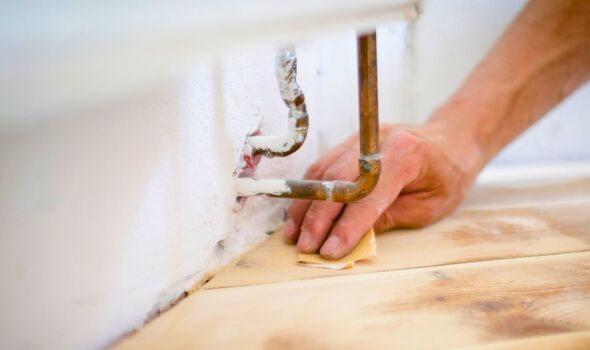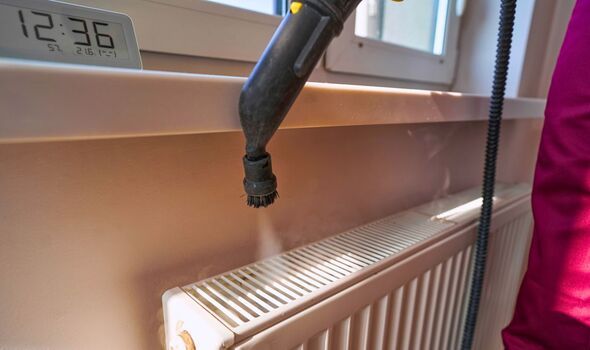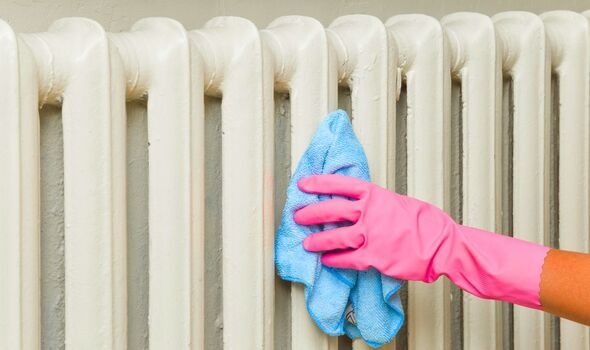

It is quickly becoming a lot colder outside, so now is the time to radiators are working efficiently if you want to keep your home as warm and cosy as possible. Laura Dove, a cleaning expert and the founder of Five Little Doves, has warned radiators can struggle to heat a home if they are covered in dust, and you need to clean them before turning the heating on.
She said: "It's not just the dust on the outside that needs cleaning - radiators can also accumulate mould, as dirt and rust collects inside. If this builds up, not only will this impact how well the radiators function - it can also lead to your house starting to feel cold and damp too."

Dust tends to collect around radiators that have not been turned on in a while, and this build up can act like insulation to block heat getting into a room.
This means that it will take ages for radiators to warm up a room and the heating system will have to work harder, which can quickly drive up the cost of your electricity bill.
Cleaning out radiators only takes 10 minutes, and it is best done now in autumn when we are just turning the heating on to prevent any energy waste.
How to get rid of dust build up in a radiatorIt is incredibly easy to clean a radiator. All you need to do is first spray the outside with multipurpose cleaner, or use an empty spray bottle filled with soapy hoy water.
Leave the cleaning solution on to a few minutes to help penetrate the grime, and then wipe the surface with a cloth.

Next, vacuum the floor underneath the radiator and use the hose fixture to remove any leftover dust on the surface.
It can be tricky to get rid of dust inside the convector fins at the top of the radiator, so it can be useful to use a hairdryer to get those difficult to reach areas.
Once you have vacuumed as much dust as possible, wipe down the surface again with cloth and a basin filled hot soapy water. This will help remove any excess dust that may have been disturbed while you were cleaning.
Your radiators should now be completely dust-free and work much more efficiently. To keep them performing at their best, try to dust around them weekly during the colder months to avoid future buildup.
Laura said: "If you have anything in your home that creates a lot of dust, such as smoke or pet fur, you might want to clean the walls around the radiators too. While this might seem like unnecessary extra work, this will help you avoid any dust from being pulled in off the walls, into the radiator."